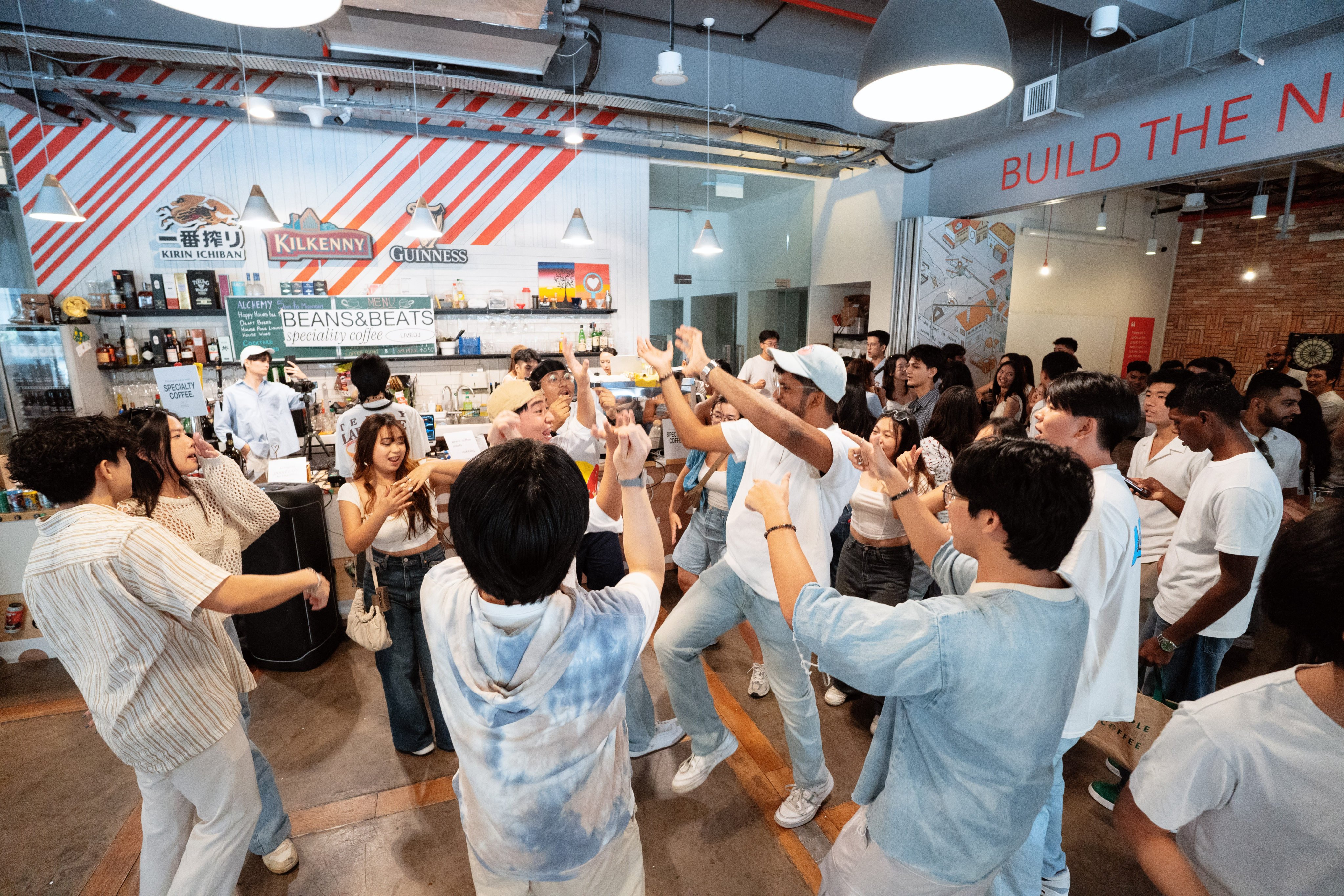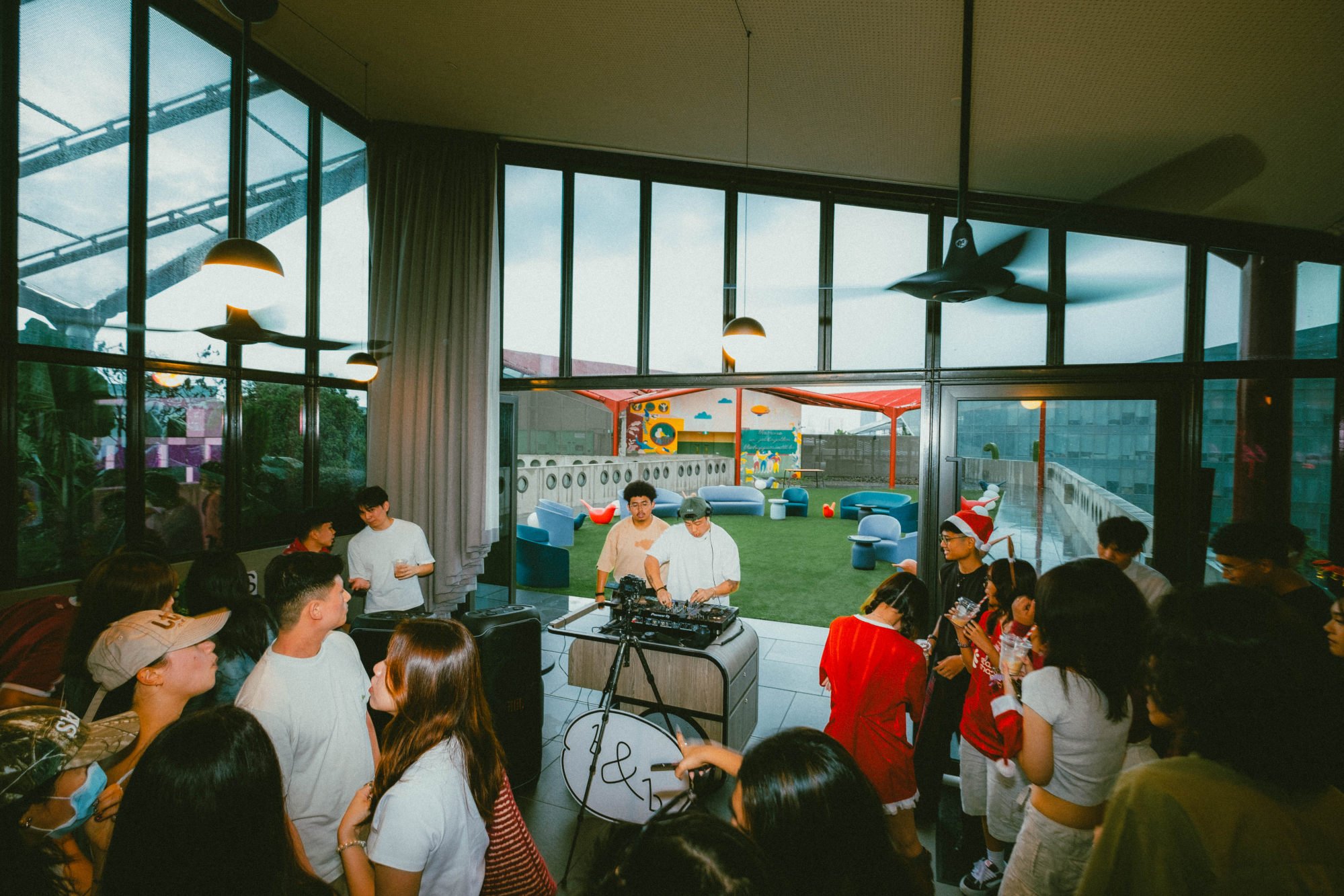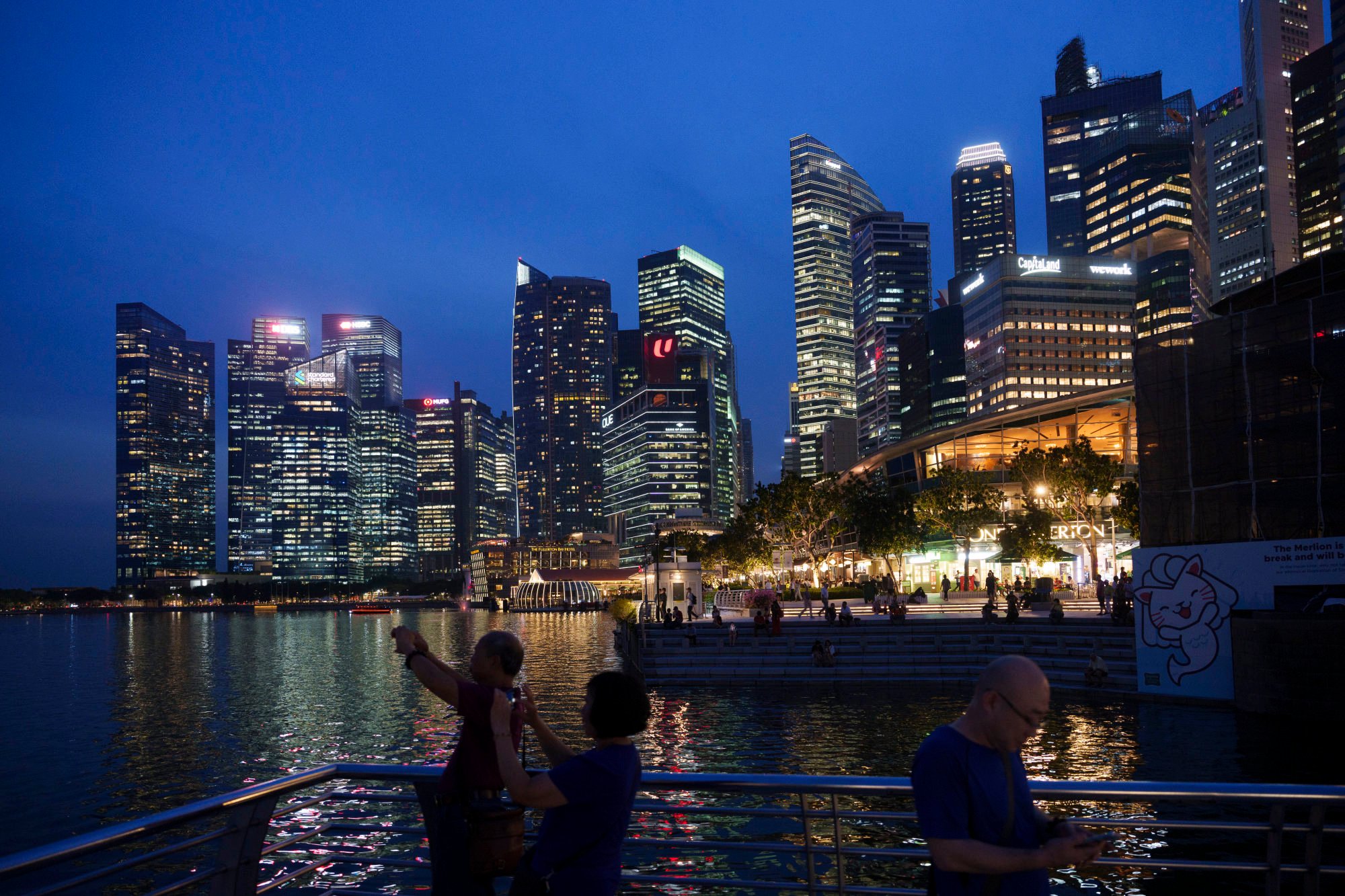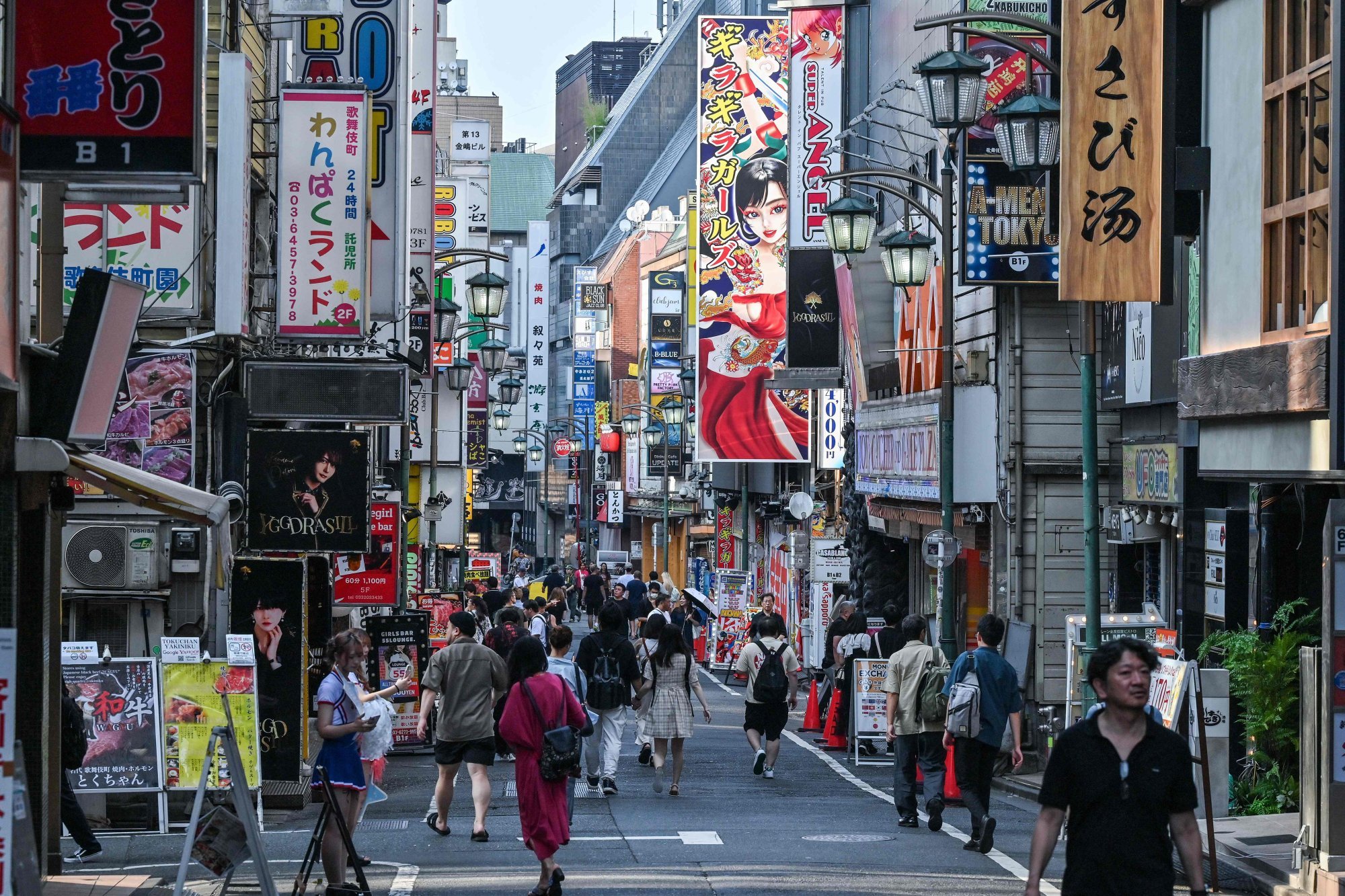Singapore’s Gen Z sobers up for daytime low-cost parties
Amid challenges in nightlife revival post-pandemic, young people in Singapore and across Asia are opting for affordable alternatives to intoxication and all-nighters

In Singapore, a new kind of party is taking off – fuelled by caffeine instead of alcohol and ending before dark – in a shift observers say reflects a broader trend among Gen Z Asians seeking healthier, cheaper and more mindful ways to socialise.
Across the region, from matcha-fuelled morning raves to curated mocktail events and sober bars in cities like Bangkok and Tokyo, a quiet shift is under way. While fully alcohol-free nightlife remains niche, wellness-oriented alternatives are gaining ground – and Singapore appears to be at the forefront.
At the heart of the city state’s movement is Beans&Beats, a daytime party collective created in 2024 by three 20-somethings who wanted to preserve the energy of clubbing without the hangover or high cost.
“When you go out to a nightlife event, you would have to spend at least about S$100 [US$78] – you’d have to go for pre-game, go into the club itself, then maybe even supper, then the killer is really the Grab [ride] back,” said Matteo Lie, 21, one of the co-founders.

To address this, Lie and fellow co-founders Ethan Lee and Aden Low decided to keep ticket prices between S$15 and S$20 and shut the music off by 7pm – early enough for attendees to get home via public transport.
“A lot of people are trying to wean off alcohol – they want to come into spaces where the entire crowd is sober,” Lie said. “Certain people I know used to go out and party a lot, but then they quit drinking. They still liked to party, but there were no spaces where they could go meet like-minded people – so that’s why they really resonated with Beans&Beats.”
This alcohol-free ethos resonates with many Gen Z Singaporeans, who are increasingly prioritising wellness, affordability and balance over intoxication and all-nighters.
For 24-year-old student Praneet Seenivasaragavan, who has mostly withdrawn from nightlife, alcohol is no longer a prerequisite for socialising.
“I think going to bars or clubs is addictive. Going out affects your sleep schedule and it can take days to recover,” he said.
Beans&Beats co-founder Lee said he had begun seeing similar events emerge in Singapore, although it remained unclear whether such “sober spaces” would be a lasting phenomenon.
“I think there definitely is a trend element if we look at things like matcha parties,” he said. “But I think what is here to stay is an overall movement to alternative third spaces, places where people can connect with others, and also sober spaces, without the pressure of alcohol. Exactly what form that will take we are not sure, of course.”

Chua Hak Bin, regional co-head of macro research at Maybank, said Singapore’s cost-of-living pressures were another reason young people were ditching expensive nightlife.
“Singaporeans may be opting for cheaper and better value, by cutting down on more expensive restaurants and alcohol, saving their stronger Singapore dollars for travel and dining elsewhere,” he said.
Singapore’s food and beverage sector has been facing headwinds. More than 3,000 F&B establishments shut down in 2024, the highest number of closures since 2005.
On the other hand, budget-friendly venues such as food courts, fast-food outlets and supermarkets were now outperforming more upscale F&B operators, Chua noted.
Singapore’s conventional nightlife scene has also struggled to recover following the pandemic. Dennis Foo, founding president of the Singapore Nightlife Business Association, said revenue of nightlife spots had been on a downward trend. Data from the Singapore Department of Statistics revealed that operating revenue for pubs, nightclubs and karaoke lounges in 2022 stood at just S$284.7 million – down from a peak of S$674.7 million in 2015.
“The challenge now is to revive Singapore’s nightlife, by first tapping on our 17 million tourists and rebuilding a nightlife culture here that can attract our locals and expatriates to be part of it,” Foo said.
But he acknowledged the sector faced several challenges, including rising alcohol and rental costs as well as manpower shortages.

Elsewhere in the region, sober partying movements similar to Singapore’s are taking shape.
In Bangkok, some venues have introduced sober evenings featuring curated mocktails and live DJ sets, while in Tokyo – and increasingly in Kyoto and Osaka – dedicated non-alcohol bars are flourishing, offering adult-focused drink menus and occasional DJ performances for a socially engaging yet sober nightlife experience.
China, too, has seen a marked decline in alcohol consumption among its younger population, who increasingly favour quirky, caffeine-driven alternatives such as pork-flavoured lattes and oolong teapuccinos, according to a report by The Economist. Matcha raves, cycling parties and other wellness-oriented gatherings are replacing bar crawls and late-night clubbing for many.
That is partially a consequence of pandemic lockdowns forcing thousands of bars and clubs to shut their doors – even as restrictions lifted, consumer sentiment has remained subdued amid China’s ongoing economic uncertainty and a property slump.
Still, not everyone is convinced the sober shift will upend the traditional nightlife model. Foo said alcohol remained central to most party experiences and that the non-alcohol scene, while novel, had yet to become a true trend.
“However, if this trend really grows, it will be at the expense of nightlife,” he said.